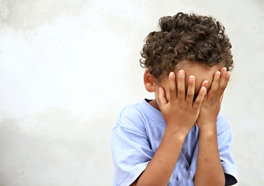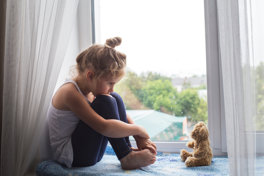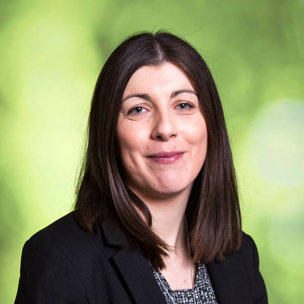A Child Safeguarding Policy, or Child Protection Policy, is a statement that makes it clear what an organisation or group will do to keep children or vulnerable adults safe. Schools, nurseries, faith-based organisations, charities, visitor attractions, sports clubs, day care and higher education institutions all require such a policy.
For more information contact our specialist Abuse Solicitors.
What Should Be in a Child Safeguarding Policy?
A Child Safeguarding Policy must include a statement setting out the organisation or group's commitment to protecting children in its care, and a detailed set of policies and procedures explaining the steps adults within the group must take to keep children safe.
These policies would cover a child or young person who has not yet reached their 18th birthday (or an adult at risk, which is a person aged 18 or above who is unable to look after their own welfare, property, rights and is at risk of harm because they have a disability, mental disorder, illness or physical or mental infirmity).
A Child Safeguarding Policy must be drawn up with the following considerations in mind:
- Who or what within the organisation could present a potential risk to children?
- Does the organisation’s recruitment policy ensure staff and volunteers are suitable to work with children?
- Is there a mechanism in place to ensure child welfare concerns can be raised with the right people?
- How should the organisation respond to any concerns or allegations concerning child safety?
- Does the Child Safeguarding Policy fit in with other procedures and rules throughout the organisation?
Organisations must also go beyond simply drawing up a Child Safeguarding Policy and ensure every member of staff and volunteer is aware of it and knows where to find it. For full transparency, it must be accessible both to internal and external stakeholders, including members of the public, and reviewed on a regular basis. If any changes are made to the policy, people should be informed so they know about the latest updates.
Any Child Safeguarding Policy must be in line with the legal framework set out in the following:
There is additional related national guidance, which needs to be followed where appropriate – for example ''Working together to safeguard children'', 2015 and Adult safeguarding: Policy and procedures, 2011.
Ofsted (the Office for Standards in Education, Children's Services and Skills) has such a policy in place, which attempts to safeguard and promote the welfare of children and vulnerable adults.
It applies to all aspects of Ofsted's work and everyone working for Ofsted, including permanent and temporary employees and contractors. All staff and contractors undertake initial training and training reviews on safeguarding children and vulnerable adults.
If you’re worried about the safety or welfare of a child or vulnerable adult, you should contact the NSPCC and police.








